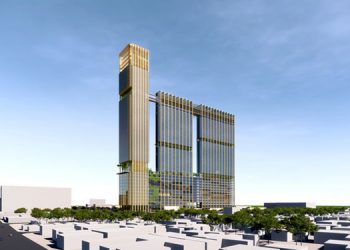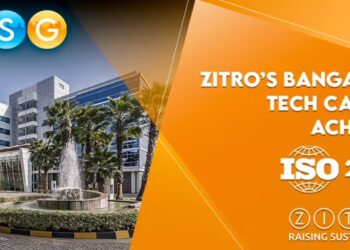The voice of one regional lawmaker does not a policy make. But the call last week by a Malaysian politician to ban his fellow countrymen from being given ‘free’ trips to Singapore’s new casinos and even to charge them for entry could mark a new and unwelcome development.
It comes only weeks after the Singapore government banned the integrated resorts from providing free shuttle buses to Singapore residents. It’s one thing for the lawmakers within Singapore to pontificate about the dangers posed to their own people by gambling. It’s quite another thing when a lawmaker in a neighbouring sovereign country starts making threats against legitimate cross-border trade and freedom of movement for his own citizens.
Were such a precedent to be set, it could push the hinterland for the mass-market visitors to the Singapore casinos further and further from the Lion City. But that’s exactly what Tang Nai Soon, an ethnic Chinese state assemblyman for Johor, the Malaysian province next door to Singapore, suggested last Wednesday. He called for the Malaysian government to ask Singapore to stop its casinos from offering what he described as “free” trips to Malaysians. To put this in perspective, Johor Bahru, the capital of Mr Tang’s home state, Johor, is only eight miles from the Singapore border. Given that proximity, it wouldn’t be much of an expense either for independent tour operators or the casinos themselves to lay on free bus transfers to and from the casinos.
It makes a lot of sense for the casinos to market to this population, given that Johor is so close and so affluent. It makes the third largest contribution to national GDP of all Malaysia’s 16 states, according to the Department of Statistics Malaysia. Johor also has a population of 3.4 million people—around 50% greater than the population of the federal capital Kuala Lumpur, 300 miles and five hours by bus to the north.
Perhaps more worrying for Genting Singapore and Las Vegas Sands Corp, the companies that run Resorts World Sentosa and Marina Bay Sands respectively, is that state assemblyman Tang also wants Singapore to impose a casino entrance fee on Malaysians and to limit each Malaysian’s visits to a maximum 50 trips per year. There is already rumour (so far unsubstantiated) that Singapore might raise the daily casino entry fee to price its own low-income citizens off the premises.
There may be some political grandstanding in Mr Tang’s position. The population of Johor is predominantly Malay and predominantly Muslim. The state’s biggest economic development zone, Iskandar Malaysia just over the border from Singapore, has attracted around US$2 billion investment from the Middle East, including sovereign wealth funds in Dubai and Abu Dhabi.
Even leaving aside any cultural and religious element to the casino issue, the People’s Republic of China has already set a precedent for a paternalistic approach to casino access. But it used visas rather than pricing as the mechanism. Under the PRC’s individual visit scheme, independent Chinese travellers can currently make a maximum of 12 trips per year to Macau. But Macau is part of China, albeit a semi-autonomous part under the ‘One Country Two Systems’ policy. Malaysia and Singapore are separate countries.
Even with that political distinction, to outsiders it might not seem unreasonable for Malaysia to protect its people either by pricing the lower earners out of the Singapore casinos or limiting the number of trips they can make per year. But Malaysia is (in theory at least) a multi-party democracy, not a one-party state like China, and freedom of movement for its people is one of the pillars that support Malaysia’s political and economic system.
There are political and cultural factors, however, that could sway the Singaporean government to be sympathetic to curbs on Malaysian gamblers. Until 1965, Singapore was actually part of Malaysia. She was expelled because of political differences with the federal government in Kuala Lumpur. Singapore, the city-state, is ethnically overwhelmingly a Chinese community (about 74% of residents are of Chinese descent), but takes care to stay on reasonable terms with its own Malay minority and the Malay majority over the border. A pipeline from Johor supplies just under 40% of Singapore’s water, and Malaysia has in the past used the threat of cutting off that supply to exert political pressure on Singapore. Significant tensions between the different ethnic groups sharing the Malay peninsula remain an important political issue.
Were Singapore to agree to in some way limit Malaysians’ access to its casinos, though, it could cause significant damage to the government’s casino liberalisation strategy. That was precisely to create economic levers to boost foreign tourism receipts, not to relieve Singaporeans of their wages. Such exceptions granted to Malaysians could also encourage populist politicians in neighbouring Indonesia, the most populous Muslim country in the world, to push for a similar exclusion or limitation on their own citizens. And that in effect would amount to a low-key regional trade war.



































